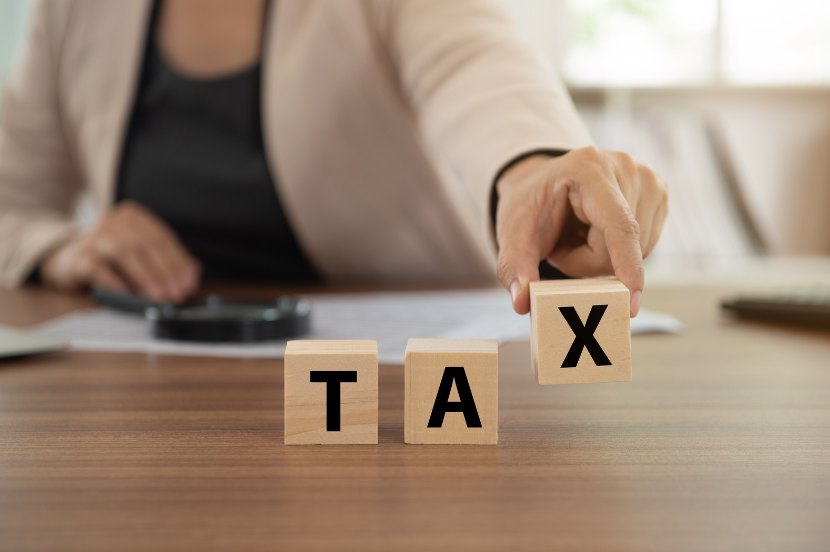September 25, 2023
Tax policy has played a central role as governments sought to shield households and businesses from the impact of decade-high inflation levels, according to a new OECD report.
Tax Policy Reforms 2023 describes tax reforms announced and enacted in 2022 across 75 jurisdictions of the OECD/G20 Inclusive Framework on Base Erosion and Profit Shifting, including all OECD countries. It provides an overview of the macroeconomic environment and tax revenue context in which these tax reforms were made, highlighting how governments deployed tax policy to respond to historically high levels of inflation and address long-run structural challenges.
The report finds that tax reforms – including those directed towards lowering the tax burden on low-income earners and reducing taxes on energy products – have been one of the key policy tools that governments used to protect households and businesses from decade-high inflation levels.
As energy and food prices rose steeply during 2022, countries moved quickly to support households and businesses by providing temporary fiscal support – including cuts to value added taxes (VAT) and excise duties – and by adjusting tax brackets, allowances and credits within personal income tax and social security contribution regimes.
Some countries introduced temporary windfall profit taxes, solidarity levies or other measures in response to extraordinary corporate profits, particularly in the energy sector, to help finance additional fiscal expenditure and cushion the impacts of price hikes on the most vulnerable groups in particular. Similar objectives were cited as a number of countries also lowered the tax burden on low-income households and raised taxes on the income and wealth of higher-income earners.
“Tax policy has been at the forefront of government support to families and businesses in the face of elevated levels of inflation,” OECD Secretary-General Mathias Cormann said. “While temporary tax cuts can be delivered quickly and are highly visible, the lack of targeting can increase budgetary costs, especially in the case of energy taxes. They can also dampen incentives to reduce energy consumption. As inflationary pressures gradually recede, governments will need to better target fiscal policy support to those most in need.”
To encourage investment, governments continued expanding corporate income tax incentives and adapting tax regimes to the challenges and opportunities posed by the digitalisation of the global economy. Many jurisdictions also took steps towards implementing the global minimum tax as part of the Two-Pillar Solution to reform the international tax framework. Many also enacted VAT reforms to achieve more effective taxation of cross-border digital trade.
Some environmentally related taxes were reduced in 2022, while a growing number of countries strengthened tax incentives and other mechanisms to encourage the transition to a lower carbon economy. The number of countries implementing “green” tax allowances and credits within the corporate and personal income taxes increased, as did the generosity of these measures.
Source: OECD
Legal Notice: The information in this article is intended for information purposes only. It is not intended for professional information purposes specific to a person or an institution. Every institution has different requirements because of its own circumstances even though they bear a resemblance to each other. Consequently, it is your interest to consult on an expert before taking a decision based on information stated in this article and putting into practice. Neither Karen Audit nor related person or institutions are not responsible for any damages or losses that might occur in consequence of the use of the information in this article by private or formal, real or legal person and institutions.






